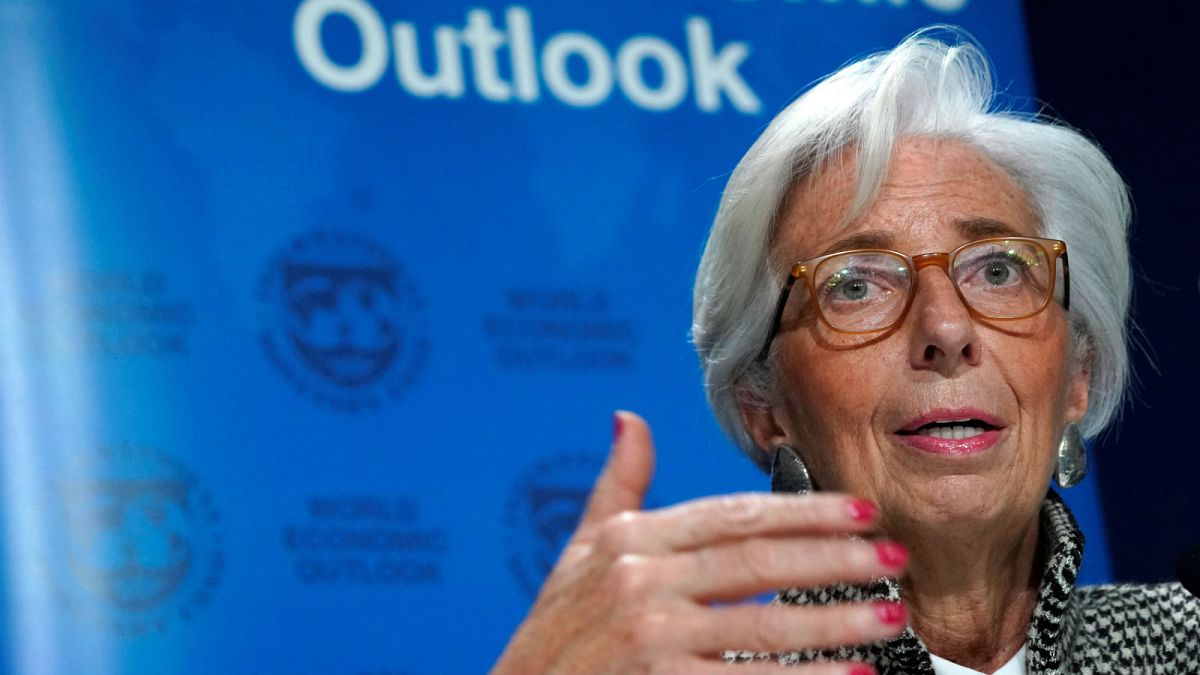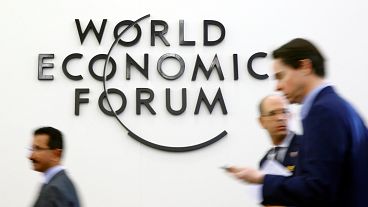The World Economic Forum opens with a warning that global economic growth is picking up, but too many people are being left out.
Global growth will continue to strengthen this year and next, but a buildup of debt poses risks and too many people are left out of the recovery, IMF Managing Director Christine Lagarde said on Monday.
On the first day of the annual World Economic Forum in Davos, Switzerland, the IMF revised its global growth forecasts upwards, to 3.9 percent in 2018 and 2019, saying sweeping U.S. tax cuts were likely to boost investment in the world's largest economy and help its main trading partners.
That's a 0.2 percentage point increase from the IMF's last projection in October. It would be the fastest rate since 2011, when the world was bouncing back from the financial crisis.
"Global growth has been accelerating since 2016 and all signs point to a continuous strengthening of that growth, this year in 2018 and next year in 2019," Lagarde told a news conference in Davos.
However, in an update of its World Economic Outlook, the IMF said US growth would likely start weakening after 2022. It also warned that a long period of low interest rates had spurred a “troubling increase of debt across many countries,” and that growth should be “more inclusive”.
"We certainly should feel encouraged by the strength and growth but we should not feel satisfied," Lagarde said.
"There are still too many people who are left out of that recovery and acceleration of growth. In fact, about one-fifth of emerging and developing countries, one-fifth of emerging and developing countries, saw their per capita income decline in 2017."
Charity Oxfam International earlier warned that 82 percent of the wealth generated over the past year went to the richest 1 percent of the global population, while 3.7 billion of the world’s poorest people saw no increase in their wealth.
The US economy has been showing steady but underwhelming annual growth since the 2007-2009 recession. The IMF now expects it to expand by 2.7 percent in 2018, much higher than the 2.3 percent the fund forecast in October.
The IMF also revised up its growth forecasts for the euro area, especially for Germany, Italy and the Netherlands "reflecting the stronger momentum in domestic demand and higher external demand".



